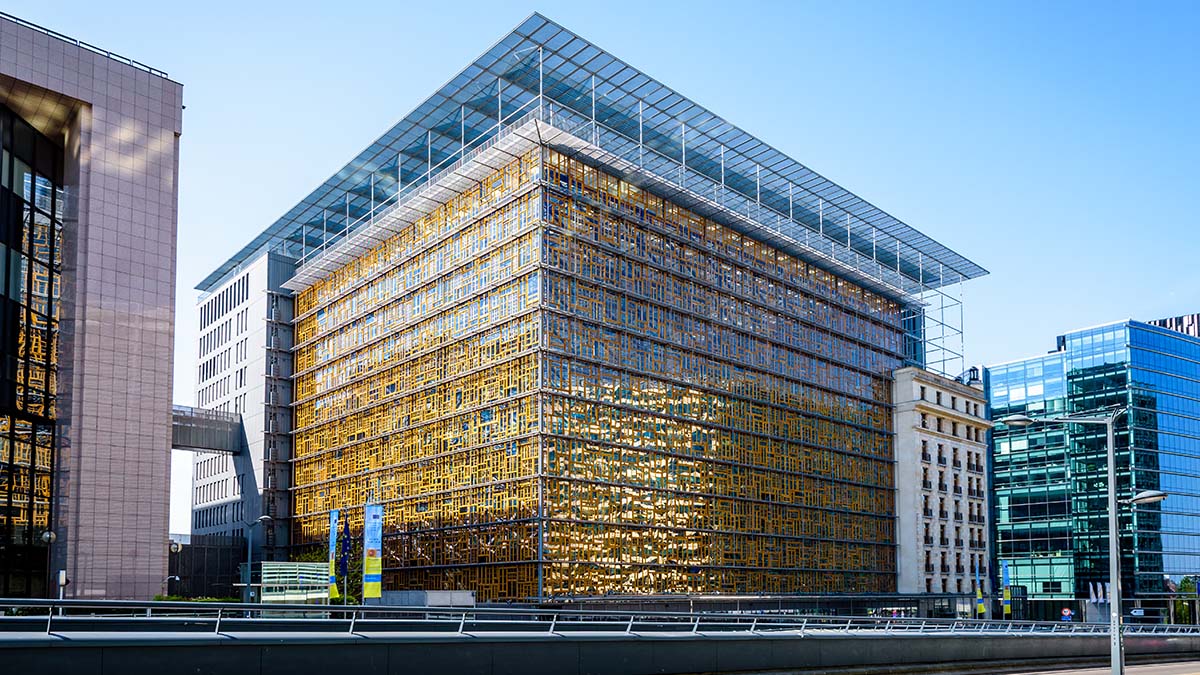News
Europe must not unravel its Internal Energy Market in response to the current crisis

23 March 2022
This week European Heads of State and Government will discuss possible measures to curb the current rise in energy prices. While it’s essential national Governments shield the most vulnerable consumers and businesses from the current high energy prices, now is not the time to tamper with Europe’s electricity market rules. Only regulatory stability will incentivise the huge investments needed to accelerate the build-out of renewables and reduce Europe’s exposure to high gas prices.
This week European Heads of Government will meet to discuss measures to curb the current rise in electricity prices. High energy prices are feeding inflation, hurting low-income households, undermining Europe’s economy and potentially slowing its recovery from COVID-19. The Russian invasion of Ukraine is aggravating the situation. It highlights the urgent need to improve Europe’s energy security.
Europe still imports 58% of its energy – mostly fossil fuels and often from countries posing serious geopolitical risks. Wind energy is home grown and cheaper than imported fossil fuels. Every wind farm contributes to making Europe less reliant on fossil fuel imports.
With its REPowerEU agenda the European Commission wants to reduce Europe’s dependency on expensive gas. This means ramping up wind energy as fast as possible – from today’s 190 GW to 480 GW by 2030.
Accelerating the deployment of wind energy requires huge levels of new investment. Especially in times of crisis the EU should stick to the existing electricity market rules. They provide the regulatory stability that is needed to attract the investments needed to boost Europe’s energy security.
Today the European Commission will present a Communication outlining options to deal with high electricity prices. It is imperative that these options are not misinterpreted as an immediate extension of the European Commission’s “tool box” for dealing with high energy prices. It would unravel the EU’s internal energy market if national Governments started unilaterally pursuing such options – and undermine the regulatory stability required for investments in Europe’s energy security.

